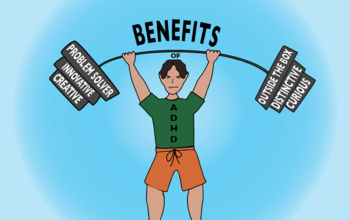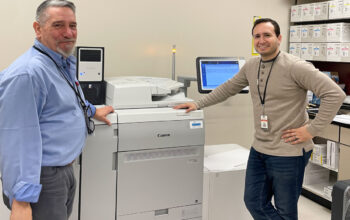httpv://www.youtube.com/watch?v=o14ki5i1l60&feature=plcp&context=C3baacd5UDOEgsToPDskKKaNcR4rk4lbQ8d5ks4zAX
Video by Taylor du Pont, Emilie Kushner & Giuliana Savini
Taylor du Pont & Emilie Kushner
Associate Multimedia Editor
“I’ll be right there.”
The infamous text [above]was involved in many car crashes, a result of texting while driving. Such a simple habit has become an epidemic, causing about 6,000 deaths each year. The question remains: can it be stopped?
Although texting while driving is illegal in the United States, the American Automobile Association found that nearly 50 percent of teens admitted to resorting to it at one point or another. Here at NCHS, many upperclassmen drivers also admitted to taking part in the dangerous and deadly activity.
Junior Jenny Smith* texts in the car, but acknowledges the fact that it is not beneficial to her driving. “Texting distracts from my driving because it causes me to lose concentration,” she said. “For that reason, I only text when the car is stopped.” While Jenny* admits texting is personally a distraction, she stated, “It depends from driver to driver. Some drivers are able to text and drive because they can multitask.”

Many students, like Jenny* agreed that some situations are safer to text and drive than others. “I text when I am driving at low speeds,” said junior Katie Kraft*. Texting in safer situations misleads students to believe that it is okay to text and drive. “I’m not that worried because I try to only use my phone at red lights and not at times when I could get into a serious accident.” said junior Tanner Tot*.
Consequently, other multitasking-capable students think that texting while driving is safe. “Occasionally I’ll swerve a little bit but I’m generally pretty good about keeping my eyes on the road,” said junior Steve Burns*. “I’ve gotten good enough at texting with the iPhone that it’s not all that important to be looking at it.”
Officer Bentley understands the more serious side to this issue. “Texting while driving is one of the most distracting things because your eyes aren’t on the road,” he said.
Junior Christian Dart* disagreed. “Drunk driving is worse than texting and driving,” he said.
Yet Officer Bentley believes that drunk driving and texting while driving are on the same playing field. “If you cant see the road how can you drive a motor vehicle. It is as bad as driving under the influence,” he said.
Whether students think it’s safe or not, people are hopeful that hearing fatal stories about accidents as a result of texting while driving is a way of prevention. “Hearing stories make me feel guilty when I text, but I still do,” Christian said. Junior Courtney Cole agreed. “The stories of car accidents affect me I guess, but I don’t think about them when I’m texting. You never think it’s going to be you,” she said. This feeling of invincibility is widespread in the teen generation, especially when in the car.
The legal risks of texting and driving are very high, as shown by the new regulations passed. “You get your
license taken immediately for 48 hours and a 32 day suspension from the DMV which comes with restoration costs,” Officer Bentley said. “You get a 30 day suspension your first offense, 90 day suspension on your second offense, and 6 month suspension on your 3rd offense, including your car being towed immediately at the scene.” While the threat of the legal penalties are great, many high school students that are frequent texters disregard them and do not believe that there should be stricter reinforcement. “I don’t think there should be any more restrictions because there are already laws against texting. People will do it regardless of the law,” junior Alyssa Cox* said.
Tanner* agrees that the reinforcement should not become more stringent. “I think the penalties in place are already severe and as people start to get caught, hopefully others will take note and be more cautious,” he said.
Perhaps Tanner* is right; that learning by example is the best ways to solve this problem. Although there is not one clear solution, many students have suggestions. “I think that all that can be done is already being done. All that can be monitored is all we can monitor,” Christian* said.
Steve* agreed, realizing that the issue is a big one to face. “I really doubt you can stop everyone from texting and driving,” he said. “Our generation multitasks even at the risk of safety and that isn’t going away so regulate all you want but people will still do it.”
If you want to do something to stop this number one killer of teens, check out Keepthedrive.com and you can join teens across the country to make a difference.



